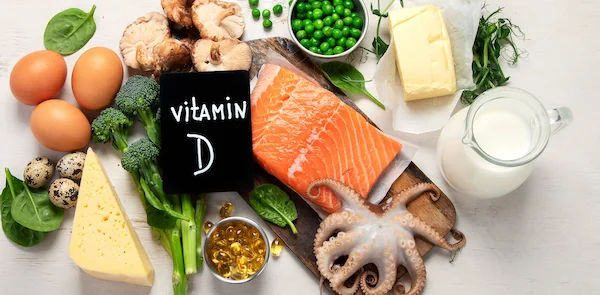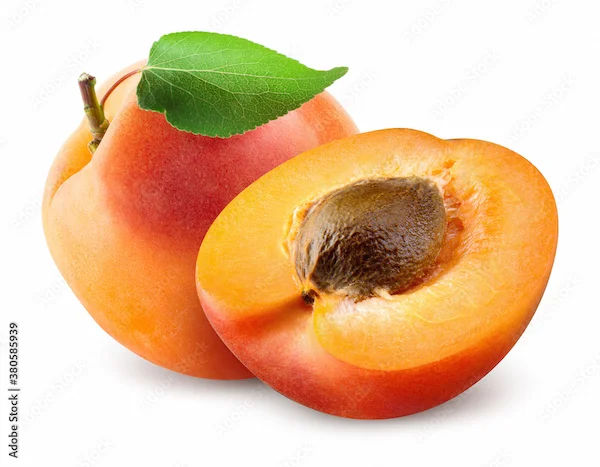Benefits and Nutritional Value of Bananas
Discover the amazing health benefits and rich nutritional value of bananas. Learn why this versatile fruit is a must-have in your diet.

Written by Dr. J T Hema Pratima
Reviewed by Dr. Rohinipriyanka Pondugula MBBS
Last updated on 5th Aug, 2025

Bananas are one of the most popular and easily available fruits worldwide. They are not only delicious but also packed with essential nutrients that can benefit your health in many ways. Whether you're looking for a quick energy boost, better digestion, or heart health support, bananas can be a great addition to your diet.
In this article, we’ll explore the nutritional value of bananas, their health benefits, and how you can include them in your daily meals for a healthier lifestyle.
Nutritional Value of Bananas
Bananas are a powerhouse of vitamins, minerals, and fiber. Here’s what a mediumsized banana (about 118 grams) typically contains:
Calories: 105
Carbohydrates: 27 grams (including natural sugars and fiber)
Fiber: 3 grams (supports digestion)
Protein: 1.3 grams
Fat: 0.4 grams
Potassium: 422 mg (great for heart and muscles)
Vitamin C: 10% of the daily requirement (boosts immunity)
Vitamin B6: 20% of the daily requirement (supports brain function)
Magnesium: 8% of the daily requirement (helps with muscle and nerve function)
Bananas also contain small amounts of iron, calcium, and antioxidants, making them a wellrounded fruit for overall health.
Health Benefits of Bananas
Health benefits of bananas:
1. Boosts Energy Levels
Bananas are rich in natural sugars (glucose, fructose, and sucrose) and fiber, which provide a quick yet sustained energy boost. This makes them a great pre or postworkout snack.
2. Supports Heart Health
Bananas are high in potassium, a mineral that helps regulate blood pressure by balancing sodium levels in the body. A potassium-rich diet can reduce the risk of stroke and heart disease.
3. Aids Digestion
The fiber in bananas helps regulate bowel movements and prevents constipation. They also contain prebiotics, which support the growth of good gut bacteria, improving digestion.
4. Helps in Weight Management
Bananas are low in calories but filling due to their fiber content. Eating them as a snack can help control hunger and prevent overeating.
5. Regulates Blood Sugar Levels
Despite their sweetness, bananas have a low to medium glycemic index (GI), meaning they don’t cause rapid spikes in blood sugar levels when eaten in moderation. The fiber also slows sugar absorption.
6. Improves Mood and Reduces Stress
Bananas contain tryptophan, an amino acid that helps produce serotonin (the "happy hormone"). Vitamin B6 in bananas also supports brain function and reduces stress.
7. Supports Kidney Health
Potassium in bananas helps flush out excess calcium from the kidneys, reducing the risk of kidney stones.
8. Good for Skin and Hair
The antioxidants and vitamins (especially vitamin C) in bananas help maintain healthy skin and hair. Applying banana pulp as a face mask can also hydrate the skin naturally.
Consult a Top Nutritionist
Who Should Eat Bananas?
Bananas are beneficial for almost everyone, including:
Children – Easy to digest and rich in nutrients for growth.
Athletes – Provides quick energy and prevents muscle cramps.
Pregnant Women – Helps with morning sickness and provides essential nutrients.
Elderly People – Supports digestion and heart health.
Diabetics – Can be consumed in moderation (preferably slightly unripe bananas for lower sugar content).
However, people with kidney problems should consult their doctor before increasing banana intake due to their high potassium content.
How to Include Bananas in Your Diet?
Bananas are versatile and can be eaten in many ways:
As a quick snack – Eat them raw for instant energy.
In smoothies – Blend with yogurt, milk, or other fruits.
With breakfast – Add slices to oatmeal, cereal, or toast.
Baked goods – Use mashed bananas in pancakes, muffins, or bread.
Frozen treats – Freeze and blend for a healthy ice cream alternative.
Myths About Bananas
"Bananas cause weight gain." – While they contain natural sugars, eating them in moderation does not lead to weight gain.
"Diabetics should avoid bananas." – They can be eaten in controlled portions, preferably slightly green bananas.
"Bananas are high in fat." – They contain almost no fat.
When to Avoid Bananas?
While bananas are generally safe, some people should be cautious:
If you have kidney disease (high potassium can be harmful).
If you have a banana allergy (rare but possible).
If you experience bloating or gas after eating them.
Final Thoughts
Bananas are a simple, affordable, and nutrientpacked fruit that can benefit your health in multiple ways. From improving digestion to boosting heart health and energy levels, they are a great addition to any diet.
If you have specific health concerns or dietary restrictions, it’s always best to consult a doctor or nutritionist. You can easily book a consultation with an expert on Apollo 24|7 for personalized advice.
Consult a Top Nutritionist
Consult a Top Nutritionist

Dr. Ramalinga Reddy
General Physician
5 Years • MBBS MD General medicine
Bengaluru
PRESTIGE SHANTHINIKETAN - SOCIETY CLINIC, Bengaluru
Ms. Bhavana Shetty
Dietician
7 Years • DDHN & Masters in Clinical Nutrition & Dietetics
Bangalore
Apollo Sugar Clinic, Seetha circle bangalore, Bangalore
Dt. Ila Sharma
Clinical Nutritionist
18 Years • Master in food & Nutrition
Gurugram
VIPUL GREENS - SOCIETY CLINIC, Gurugram
Dr Sumanth R
General Physician
2 Years • MBBS
Bengaluru
PRESTIGE SHANTHINIKETAN - SOCIETY CLINIC, Bengaluru
Mrs Sneha P V
Nutritionist
10 Years • Master of science in Food and Nutrition
Bangalore
Apollo Clinic Bellandur, Bangalore

_0.webp)


